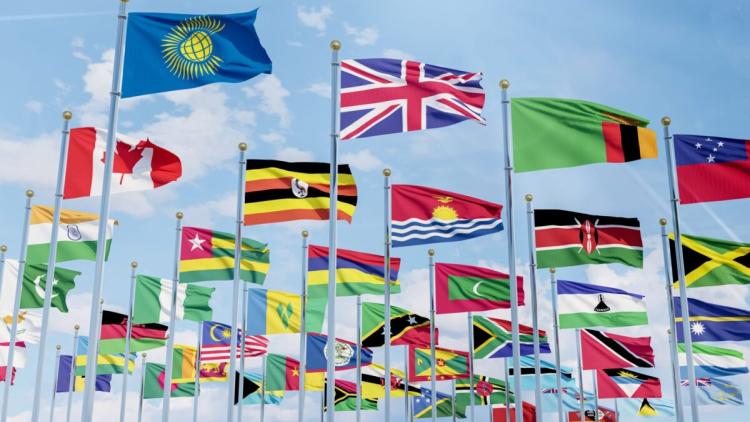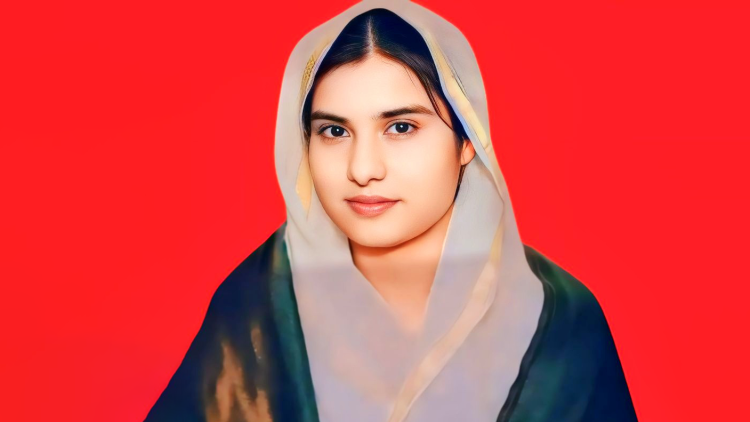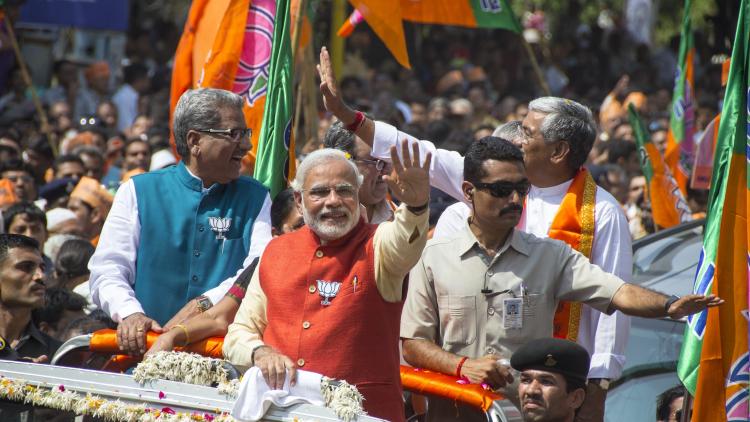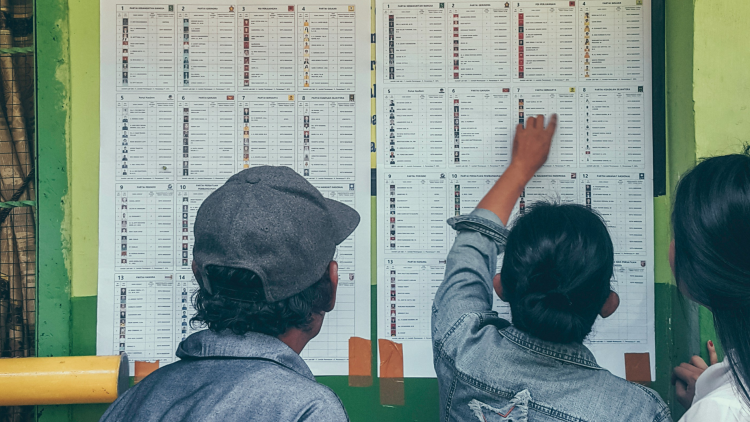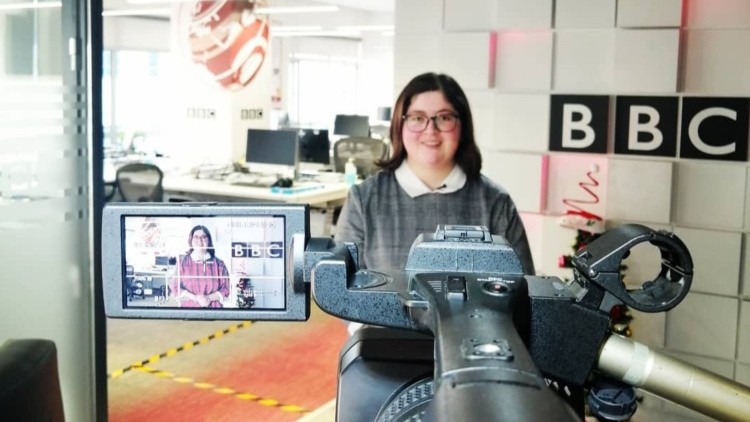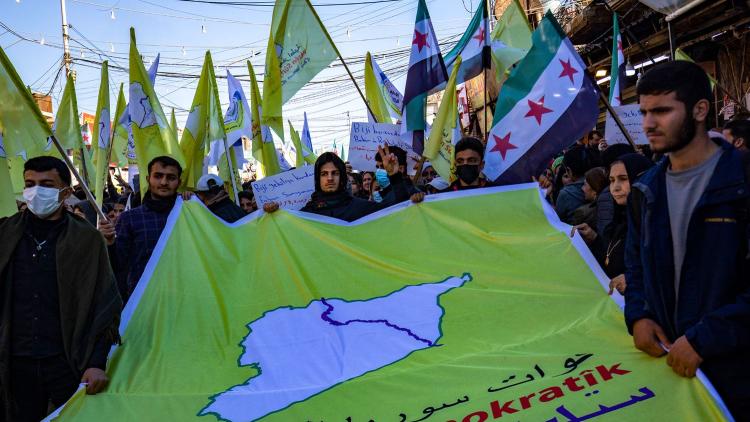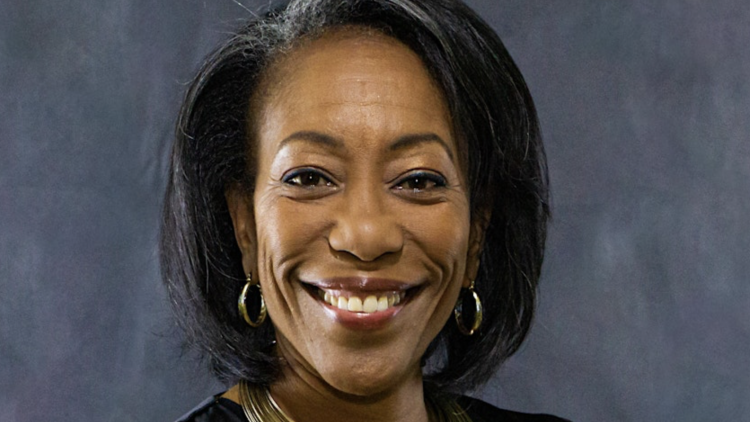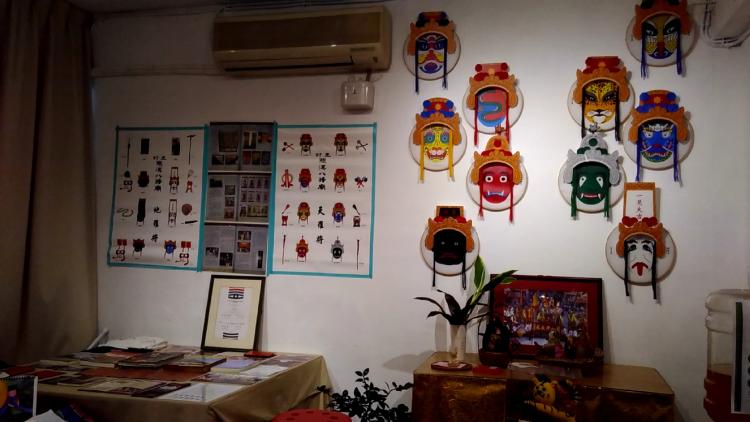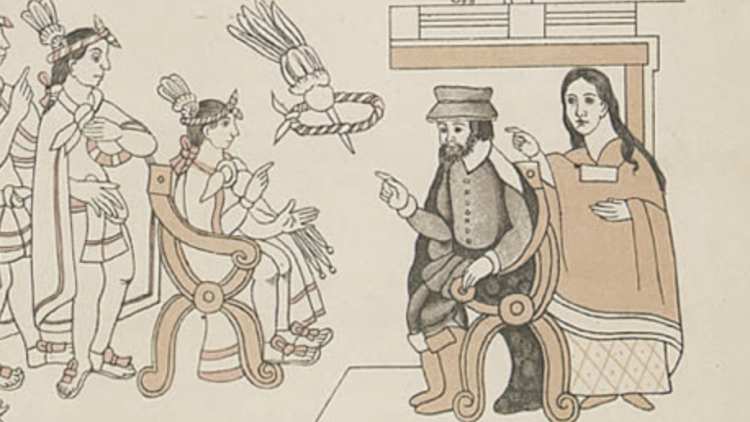BA International Relations and...
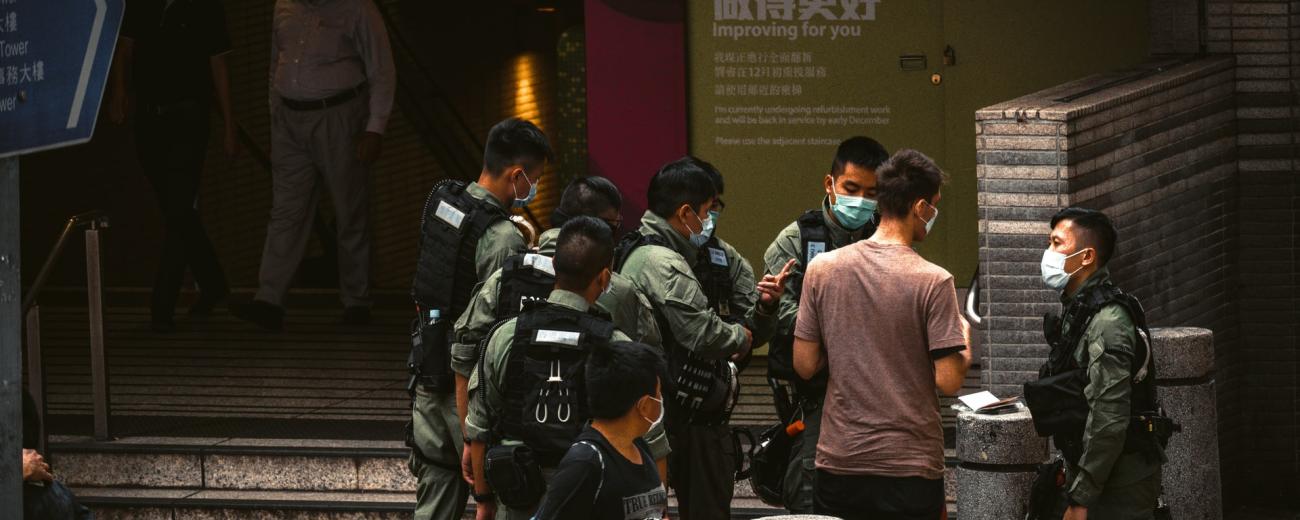

Key information
- Duration
- 3 or 4 years
- Start of programme
- September
- Attendance mode
- Full-time
- Location
- Campus
- Fees
-
Home: £9,790
International: £23,780 - Entry requirements
-
AAB-ABB
For joint degrees, the offer is based on the subject with the higher entry requirements
Contextual: ABB-BBB
-
See undergraduate entry requirements and English language requirements for international and alternative entry requirements.
Course overview
Are you passionate about developing critical global perspectives and actionable insights on subjects ranging from Republicanism, empire and revolution to War and the International?
The BA International Relations Combined Honours programme is designed to be an immersive experience that draws on the significant expertise of our diverse academic specialists in the study of Asia, Africa and the Middle East.
Why study International Relations Combined Honours at SOAS?
- We’re ranked 6th in the UK and 28th worldwide for Politics (QS World University Rankings 2025)
- We're ranked 3rd worldwide for Academic Reputation (QS World University Rankings 2025)
- We're ranked top 15 in the UK for 'graduate prospects' (Complete University Guide Subject League Table 2026)
- Study International Relations from the perspectives beyond the Anglo-American canon, through a focus on the Middle East, Asia and Africa
Study Abroad
Students are able to apply for the optional year abroad in their second year of studies at SOAS. Students will be invited to information sessions about how to apply during their second year of studies by the Study Abroad team. Student applications are considered on academic merit and a personal statement and are subject to availability. Students need to have achieved 55% or higher in their first year of studies to be eligible. For further details, visit the Study Abroad section of our website.

Use our combined courses tool to see a breakdown of course structure
Key information set data
Teaching and learning
The programme provides methodological and skills training throughout and allows final year students to undertake an independent research project, such as a dissertation, supervised by an academic member of staff.
Contact hours
Most of our modules are taught through a combination of lectures and tutorials. Lectures (50 minutes) provide broad overviews of the topic. They are accompanied by tutorials (50 minutes) that give students the opportunity to discuss readings and key issues in small groups. In the final year, modules may also take the form of two-hour seminars allowing for deeper engagement with more specialised topics.
By the end of the programme students will have acquired a range of transferable skills. This includes the ability to collect and synthesise information, read and evaluate complex materials, assess the evidence for a range of different positions, construct arguments, exercise independence of judgement and communicate effectively both orally and in writing.
Learning resources
Students also benefit from the vibrant learning environment SOAS provides more broadly. The SOAS Library is one of the world's most important academic libraries for the study of Africa, Asia and the Middle East, attracting scholars from all over the world. Moreover, every year there is a lively events programme that attracts renowned speakers from around the world, allowing students to engage with cutting edge debates on contemporary politics.
Fees and funding
Fees for 2026/27 entrants per academic year
| Programme | Full-time | |
|---|---|---|
| Home students | Overseas students | |
| BA, BSc, LLB | £9,790 | £23,780 |
| BA/BSc Language year abroad | £1,425 | £11,770 |
See undergraduate fees for further details.
Employment
SOAS Politics and International Relations students leave SOAS not only with a knowledge and understanding of the complex political and cultural issues of our time, but also with a portfolio of widely transferable skills which employers seek in many professional and management careers.
Recent graduates have been hired by:
- BBC World Service
- Bloomberg
- British Red Cross
- British Council
- Center for International Peace Operations
- Channel 4
- Council for At-Risk Academics (CARA)
- Department for International Development (DfID)
- Eversheds LLP
- Financial Times
- Foreign & Commonwealth Office (FCO)
- Global Policy Institute
- Go East Consulting
- Grassroot Diplomat
- Palestine Red Crescent Association
- Save the Children
- UNICEF Ethiopia
- United Nations
Find out about our Careers Service.


